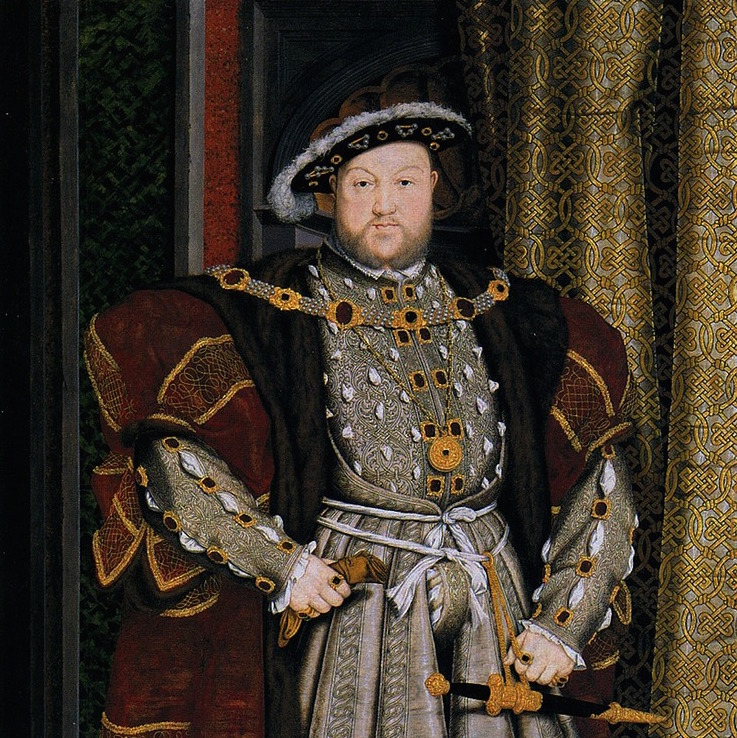 My atheist interlocutors have presented me with a vast number of questions on my post “Which Monotheistic God is God”, a rich lode that I suspect I could continue to mine for a very long time indeed. Many of the questions have to do with the question of suffering: if God is truly good, and truly all powerful, why didn’t He create a world without suffering? Why doesn’t He prevent suffering before it happens?
My atheist interlocutors have presented me with a vast number of questions on my post “Which Monotheistic God is God”, a rich lode that I suspect I could continue to mine for a very long time indeed. Many of the questions have to do with the question of suffering: if God is truly good, and truly all powerful, why didn’t He create a world without suffering? Why doesn’t He prevent suffering before it happens?
This is one of the truly great questions, naturally, and as entire books have been written on it I’m not likely to give a thorough and definitive answer here. But I’ve got a few ideas about it.
I think the root of the answer is that not even God can do contradictory things. God could certainly have created a world in which there was no suffering at all; but it would be a world without men and women. Let me explain.
The two basic kinds of things in the world are living things and inanimate things. Living things we can further subdivide into plants, animals, and human beings.
I think we can all agree that inanimate objects have no capacity for suffering. (If you think they do, you might as well stop reading now, because we clearly aren’t going to see eye-to-eye.) A world with only inanimate objects—a dead world—would be a world without suffering.
Plants are certainly harmed by inhospitable conditions and interference from other creatures, but it doesn’t seem that they suffer. They don’t seem to have the ability to be conscious of suffering. A world in which the only living things were plants would be a world without suffering.
There was a time when it was hotly disputed whether or not animals could truly be said to suffer; but that time was past, and I think the reality of animal suffering is obvious to any dog or cat owner.
But on the other hand, animals don’t seem to have a hard time being “happy” either. Give a dog enough food, a place to sleep, some attention, and easy access to his people, and your average dog sure seems to be pretty happy. I can easily imagine God creating a world in which dogs never suffered because they always had everything they wanted, and they were satisfied with it.
But people, now, people are a problem. Animals are satisfied when they get what they want. But of all the creatures in the world, for building mountains out of molehills and finding pain, boredom, aggravation, dismay, and disgust in the most pleasant and comfortable of surroundings there’s nothing like a human being. People are never satisfied. The more you give them the more they want, and the more of their problems you solve the more they obsess over the ones that remain.
Not all people; but lots and lots of people. You’ve seen it yourself. Spend five minutes on FaceBook and you’ll find people making themselves irate and miserable over the actions of people they will never meet and problems that will never affect them directly, and that in any event they can have no influence over.
And then, suffering is relative. If you read books about the spirituality of the Middle Ages you’ll find people voluntarily doing penances that seem really and truly over the top, that seem to entail egregious personal suffering, even self-hatred. But in fact, their penances are extreme because their lives were extreme by the standards of 21st century America. To be penance, it has to involve going beyond what you’re living with already. Our lives are much easier, and so we find true suffering in situations that would have been taken for granted by many of our forebears (or by many people in other countries today).
Why are we like that? Why do we have such a great capacity for suffering that we seek it out when we don’t need to? Because there’s something about that capacity for suffering that goes along with being human, something that you can’t get rid of without getting rid of our humanity.
Or to put it another way, God thought it more important that we be men and women than that we be immune from suffering. More on that in the next post.
____
photo credit: Face of Suffering 14 via photopin (license)












